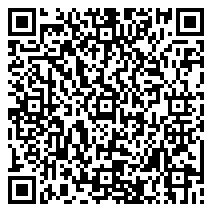

Rotating equipment is a critical asset in various industrial applications, particularly in the oil and gas industry. Benchmarking studies from refineries around the world show that rotating equipment can account for more than 20% of all maintenance and inspection costs. Moreover, these systems are often positioned at key nodes within the production process, making them essential to continuous operation. Failure in rotating equipment can lead to significant downtime, which results in high costs and production losses.
This training program is designed to provide delegates with a comprehensive understanding of how to implement rotating equipment reliability management through a combination of predictive and preventive maintenance strategies. The goal is to equip participants with the tools and knowledge needed to maximize the reliability, efficiency, and performance of rotating equipment by applying continuous reliability improvement (CRI) processes. By utilizing proper failure monitoring techniques, this course will help you optimize equipment performance and reduce the impact of downtime, ensuring cost-effective maintenance solutions for critical machinery.
Attending this course will provide you with invaluable knowledge on rotating equipment repair, reliability management, and the tools to implement continuous reliability improvement (CRI) processes. By mastering the principles of rotating equipment solutions, you will be able to reduce downtime, enhance performance, and make cost-effective maintenance decisions that will drive the success of your organization. Whether you're a rotating equipment engineer, technician, or specialist, this program will provide the expertise needed to optimize the reliability and performance of critical equipment in your industry.
